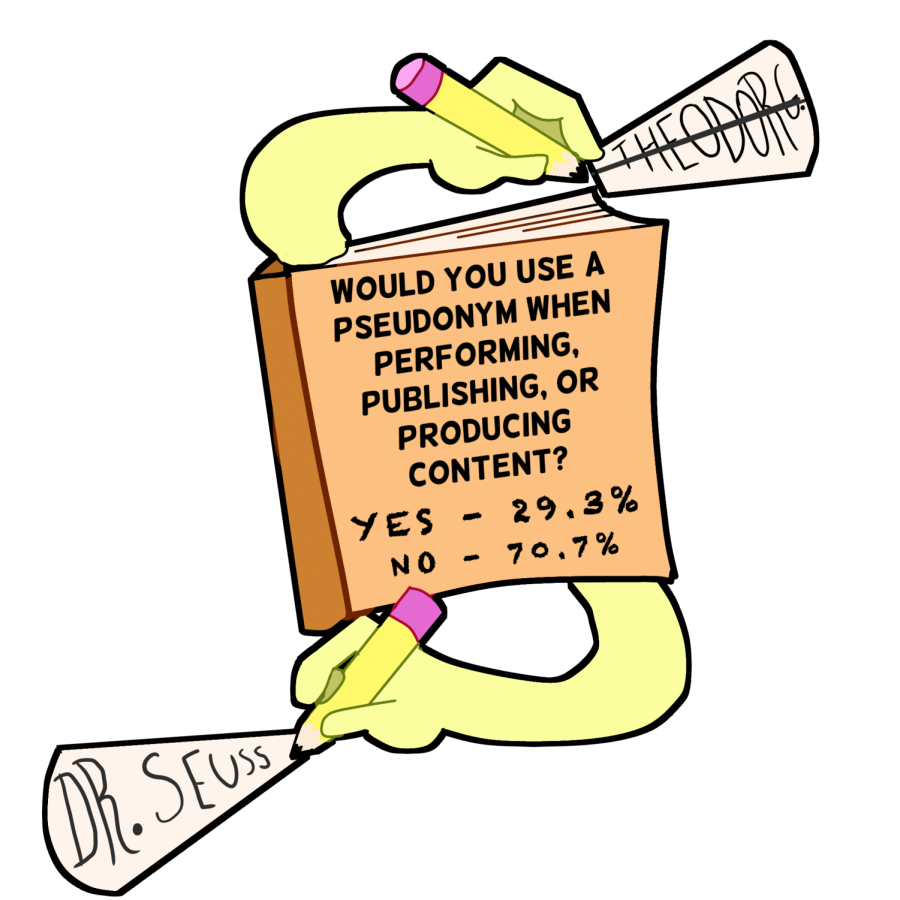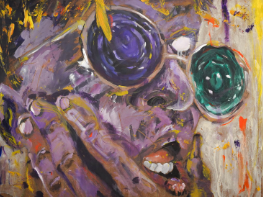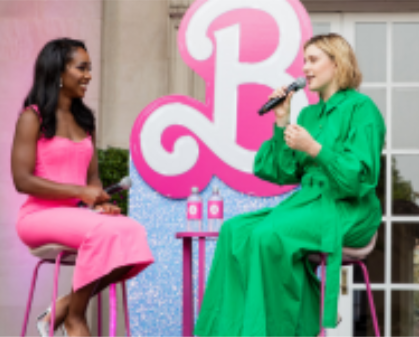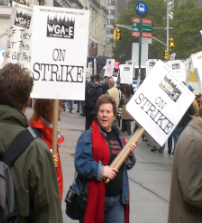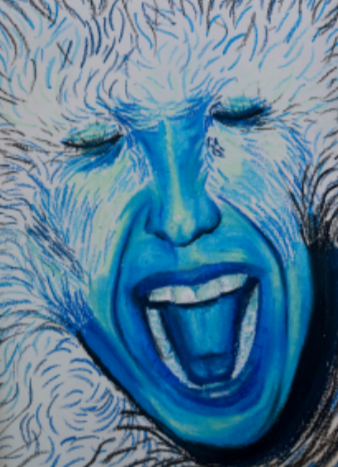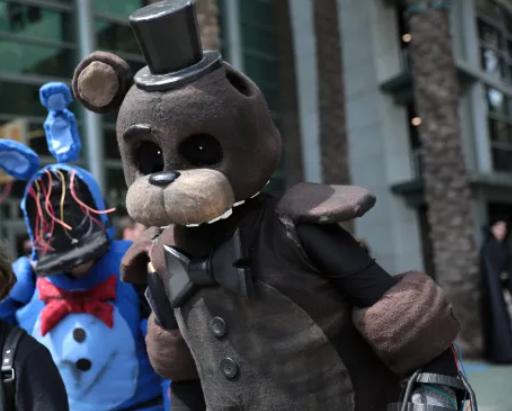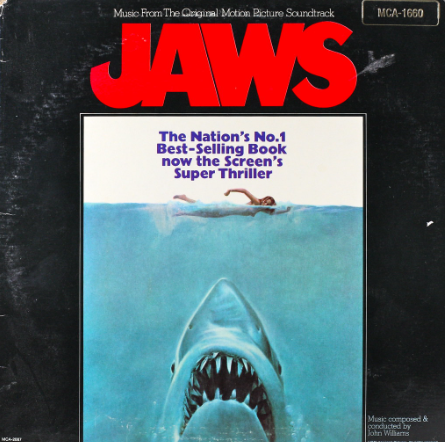Pen names allow writers and artists to share their work while still maintaining privacy
Survey of 116 students from Jan. 2 to Jan. 14.
January 25, 2019
Known to avid Harry Potter readers as J.K. Rowling, author Joanne Kathleen Murray published her notable wizarding novels disguised by a pen name. According to the Sun, her publisher thought the book would appeal to a wider audience if they masked her gender. The publisher believed readers would be less likely to pick up a fantasy book written by a woman.
Similarly, many writers and artists throughout history have utilized pen names to experiment with new techniques or styles without upsetting their preexisting followers, or because they are not ready for their work and name to collide.
Pen names have always been a widespread practice, especially for women who wanted society to take them seriously in previously male-dominated fields. In the late 1800s, writer Mary Ann Evans acquired the pen name George Eliot to separate her novels from the stereotypical style of female novelists of the time period, according to The Economist.
Comparably, senior Sydney Karlin of Matawan said that anonymity allows authors and artists to create without judgment.
“A lot of the time, sometimes unconsciously, you include personal details or feelings into what you create,” Karlin said. “Sharing that isn’t always easy, and anonymity allows you to do that without having to be known.”
People can also use pen names or anonymity as a means of privacy. If an author wants to publish something controversial, such as political views, pseudonyms allow them to do so while maintaining confidentiality.
Freshman Andrew Lepping of Long Branch said that anonymity is useful if one wants to protect their identity, but it depends on the artist’s personality.
“If you want people to notice you in public then don’t use one,” Lepping said. “But if you’re more the type to just be happy doing art and not need the fame, they are kind of cool.”
But, authors Jonathan Merritt and Margaret Feinberg said that pen names and anonymity are risky and ineffective.
“In publishing, this [anonymity] places you at a massive disadvantage. Because without an established identity, you will have no one to champion your work who is personally invested in you,” Merritt and Feinberg said.
Many artists and writers have had to determine whether their desire to inform their audiences without the risk of prejudice outweigh the negative effects of anonymity or pen names. As Charlotte Brontë once said, “I am neither a man nor a woman but an author.”



